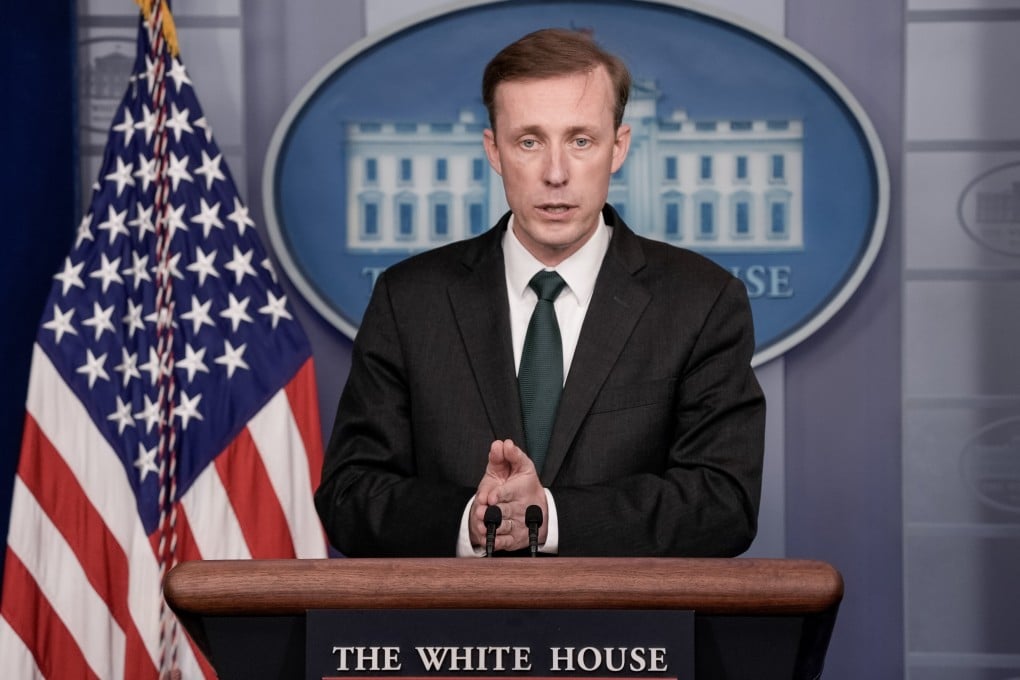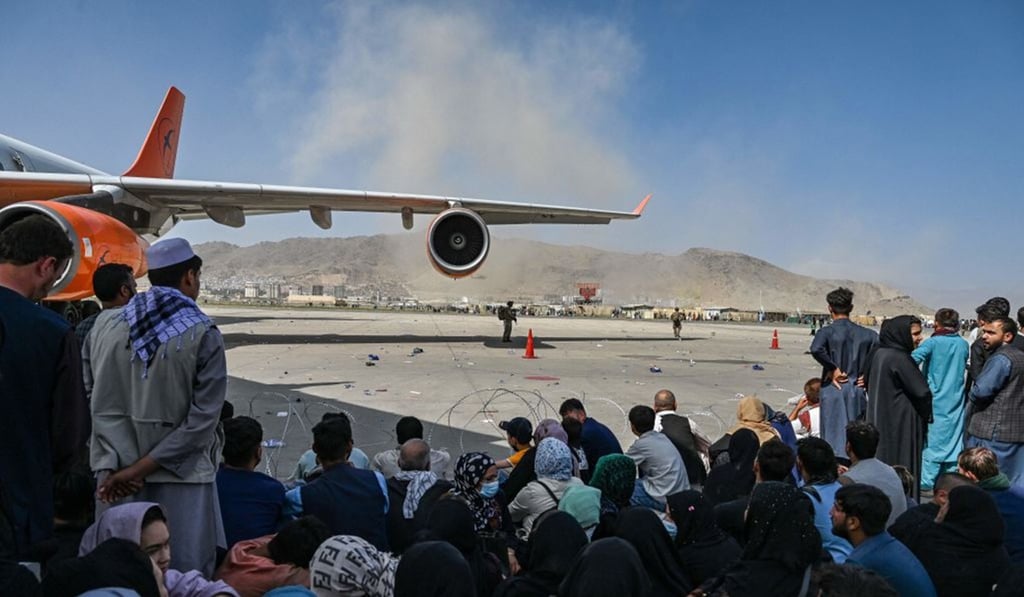White House rebuts Chinese claim that Afghanistan withdrawal suggests weakening support for Taiwan
- ‘When it comes to Taiwan, it is a fundamentally different question, in a different context,’ US National Security Adviser Jake Sullivan says
- Remarks come after Chinese state media say withdrawal shows US to be an unreliable partner, one Taiwan should not depend on

The White House dismissed criticism from Chinese state media on Tuesday that the US military withdrawal from Afghanistan also signalled a weakened commitment to Taiwan and other American allies and partners around the world.
“When it comes to Taiwan, it is a fundamentally different question, in a different context,” US National Security Adviser Jake Sullivan said at a White House briefing.
“We believe that our commitments to our allies and partners are sacrosanct and always have been,” he said. “We believe our commitment to Taiwan, and to Israel, remains as strong as it’s ever been.”
At the end of two decades of US troop presence and fighting there, the Taliban swept across the country and took control of the capital city of Kabul on Sunday, leading to chaotic scenes at the airport of Afghans scrambling to flee the Taliban’s rule – images that have rattled policymakers across Washington.
